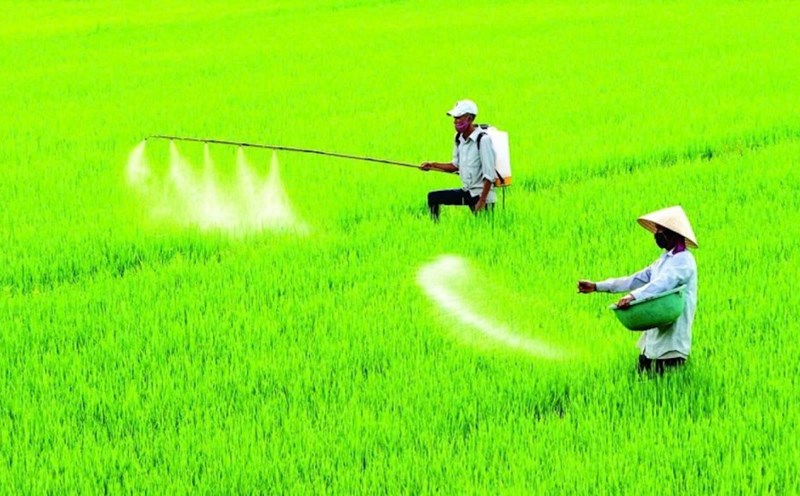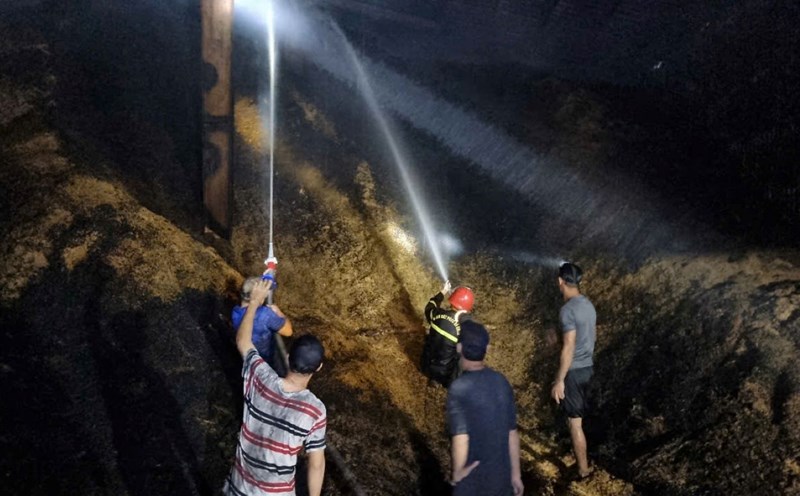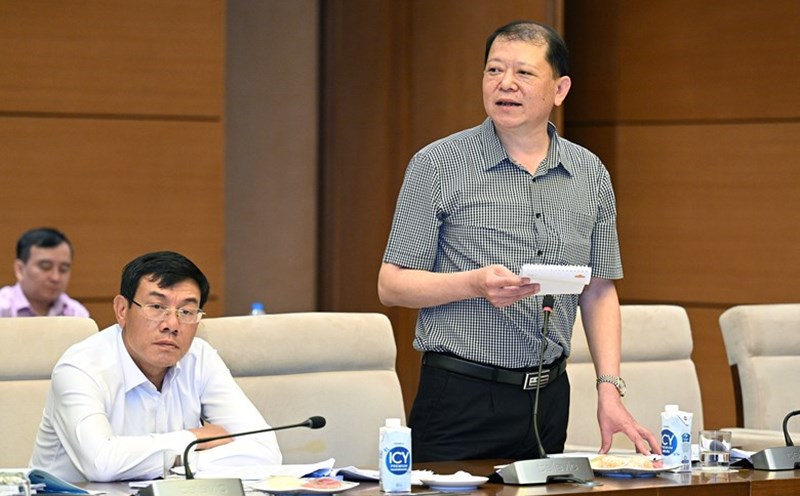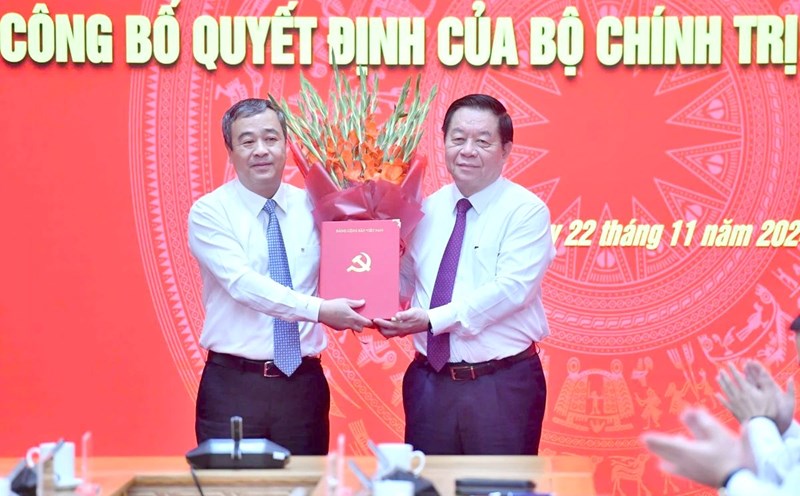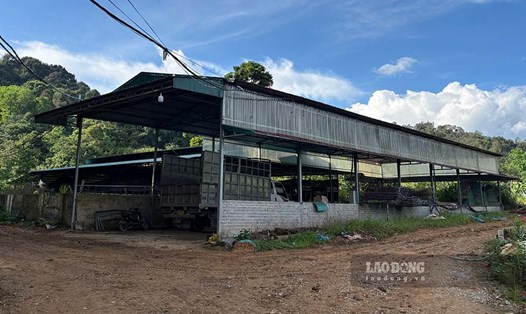Three aspects are the basis for overall consideration.
According to the Food and Agriculture Organization of the United Nations (FAO), along with factors such as seeds, irrigation, and agricultural mechanization, fertilizers contribute over 40% to increasing crop productivity. Therefore, the value-added tax (VAT) policy on fertilizers needs to change after a series of shortcomings over the past 10 years, in order to create new vitality for the agricultural sector.
Since fertilizers were exempted from VAT, data from the Vietnam Fertilizer Association shows that total import volume fluctuates between 3.3 and 5.6 million tons; turnover from 952 million to 1.6 billion USD, while total domestic production capacity has increasingly narrowed from 3.5 million tons/year (before 2014) to 380,000 tons/year (since 2015).
During this period, the Ministry of Industry and Trade said that on average, each year, the market management force discovered and handled about 3,000 cases related to smuggled and fake fertilizers. According to calculations, fake fertilizers cause an average loss of 200 USD per hectare, meaning that each year the agricultural sector loses up to 2.6 billion USD, which is especially dangerous when Vietnamese agricultural products are aiming to go international.
In that context, the issue of VAT on fertilizers becomes more urgent than ever, because this is one of the factors that greatly affects the domestic production industry, contributing to the vitality of agriculture in general.
Discussing the fertilizer VAT policy, agricultural expert Hoang Trong Thuy said that there is no need to rush to discuss the business's profit or loss, the issue that needs to be focused on is whether applying a 5% tax or not would bring greater efficiency. There are many controversial opinions surrounding this content but it is not possible to reach a final conclusion due to the lack of numbers and consideration of all aspects.
To come up with a reasonable fertilizer VAT policy, ensuring a harmonious balance of interests among the actors and answering the question of whether farmers are hurt or benefited by the 5% tax rate, this expert offers 3 perspectives to consider.
Firstly, in terms of science, nature and environment, most of the current fertilizers are chemical fertilizers, imported raw materials, accounting for a large proportion of the finished product. Chemical fertilizers affect the health of the soil, which is part of the agricultural ecosystem, the environment, society and humans.
Second, in terms of business factors, the cost of a product is added with VAT to create the selling price. Therefore, to ensure harmony in terms of interests, it is necessary to consider the State budget revenue, the "pain tolerance" of the manufacturing enterprise and the impact on farmers.
Third, regarding sustainable market development, the tax regime needs to be transparent, public, and ensure that all participants benefit. These three factors will impact agriculture, farmers, and producers. Of these three factors, it is necessary to review the role of fertilizers in the tax relationship to production, farmers' income, and the environment.
Pros and cons
Looking back at history, expert Hoang Trong Thuy said that the VAT on fertilizer was first regulated in 1997, collecting tax from consumers and manufacturing enterprises at 5% of the products sold and 5% for input materials and equipment to produce that item.
By 2015, the economy had changed, to boost production and distribution, promote agriculture, VAT on fertilizers was exempted. However, fertilizer businesses received an additional burden, because input materials were taxed but not deducted from output, so they were added to the product price. The ultimate loser was the farmer who had to buy fertilizers at a higher price.
The most dangerous consequence of exempting fertilizer VAT is that manufacturing enterprises are shrinking, and imported goods are flooding into Vietnam because of more favorable competitive conditions. In the end, farmers still have to buy imported fertilizers at high prices, and the preference for foreign goods further increases the competitive advantage over the domestic manufacturing industry.
Therefore, looking from history to the present, Mr. Thuy put forward two hypotheses: If the 5% VAT on fertilizers is not applied, businesses will have to "suffer the pain" instead of the State and farmers. The situation of fertilizer imports continues to dominate the market, the domestic production industry is sluggish. The consequences are lack of jobs, workers losing their jobs, declining budget revenue, and lack of quality domestic fertilizer products. This reality goes against the policy of promoting agriculture.
If a 5% VAT is applied, some say that farmers will suffer. “But compared to what? If we only compare the selling price, this is just an intuitive view,” “VAT is collected from the final consumer, so farmers also need to comply with the equality of the law. Agricultural products are part of the agricultural production chain, have output products, so by law they must be taxed,” said expert Hoang Trong Thuy.
Another benefit seen from applying a 5% VAT on fertilizers is that it helps the State better manage this industry. Manufacturing enterprises are entitled to deductions, reducing the burden, promoting technological innovation, reinvesting in production, ensuring benefits and obligations to the national monetary policy, and ensuring the fairness of the law.
Ensuring benefits for farmers
Aiming to ensure benefits for farmers in the fertilizer VAT problem, agricultural expert Hoang Trong Thuy said that it is necessary to consider applying a tax rate of 5%: "Although in the short term farmers may "suffer" a little pain, but ensuring the harmony of interests and creating stronger vitality for the agricultural sector, in the long term farmers will not suffer any loss."
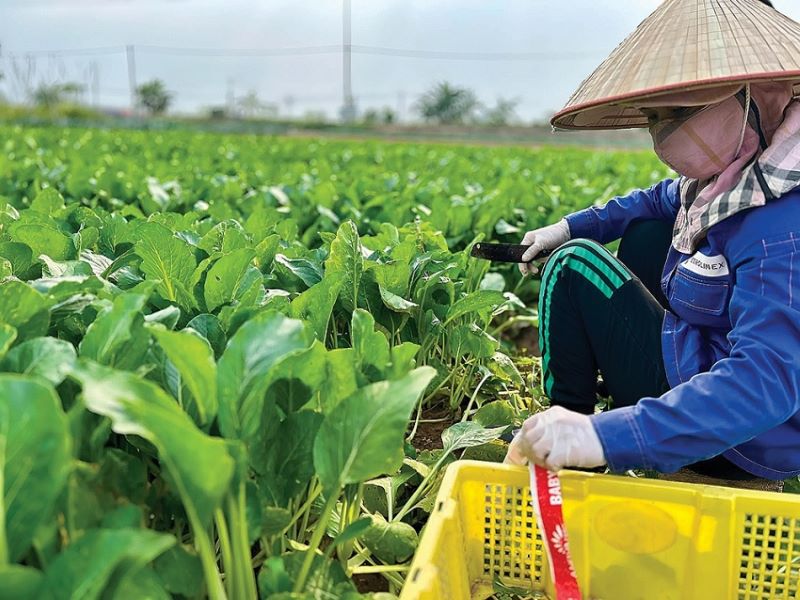
In order for farmers to truly benefit from this tax policy, Mr. Thuy said that the State plays a role in allocating the budget revenue from the 5% VAT on fertilizers, and re-regulating it to farmers through the agricultural production system. From there, support farmers with green growth measures, and encourage the use of high-quality organic fertilizers. This is especially necessary when the Ministry of Agriculture and Rural Development sets a target of 50% of agricultural areas using organic fertilizers by 2050.
In addition, support for farmers needs to be implemented in combating greenhouse gas emissions, carbon credits, creating social spillover effects; training and educating farmers to turn money into knowledge for plant variety research facilities or soil improvement programs.
“It is recommended that the drafting agency continue to survey and clarify the scientific nature and impact of the policy to ensure harmonious benefits. The 5% VAT rate is the basis for long-term assurance of agricultural development, but it is necessary to regulate the budget revenue to farmers, so that the policy is not just a smelly fruit without any practical impact,” emphasized expert Hoang Trong Thuy.
“Policy is not a shower that everyone can benefit from, but some places have rain and some don’t. We cannot be extreme in protecting one economic sector without scientific basis, so the issue of harmonizing interests is the most important. Especially when fertilizers account for a particularly large proportion in cultivation, having a great impact on the agricultural production value chain,” Mr. Thuy acknowledged.

